Legendary albums that flopped at first
Even the most iconic musicians have their off days, where not every album hits that golden note. However, history has shown us that a flop isn’t always the end of the road.
Sometimes, these so-called failures turn into beloved classics. It’s fascinating how an album initially dismissed can, over time, gather a cult following and be recognized for its genius. Let’s dive into some of these legendary albums that missed the mark initially but eventually found their place in music history.
Bob Dylan’s “Self Portrait”: From Confusion to Cult Classic

When Bob Dylan released Self Portrait in 1970, it left many fans and critics scratching their heads. Rolling Stone famously asked, “What is this (expletive)?”
However, over the years, the album has gained a cult following, appreciated for its eclectic mix and bold departure from Dylan’s typical sound. Today, Self Portrait is seen as a testament to Dylan’s artistic courage, challenging conventional expectations and paving the way for future experimentation.
The Rise of “Pet Sounds” by The Beach Boys After Initial Disappointment
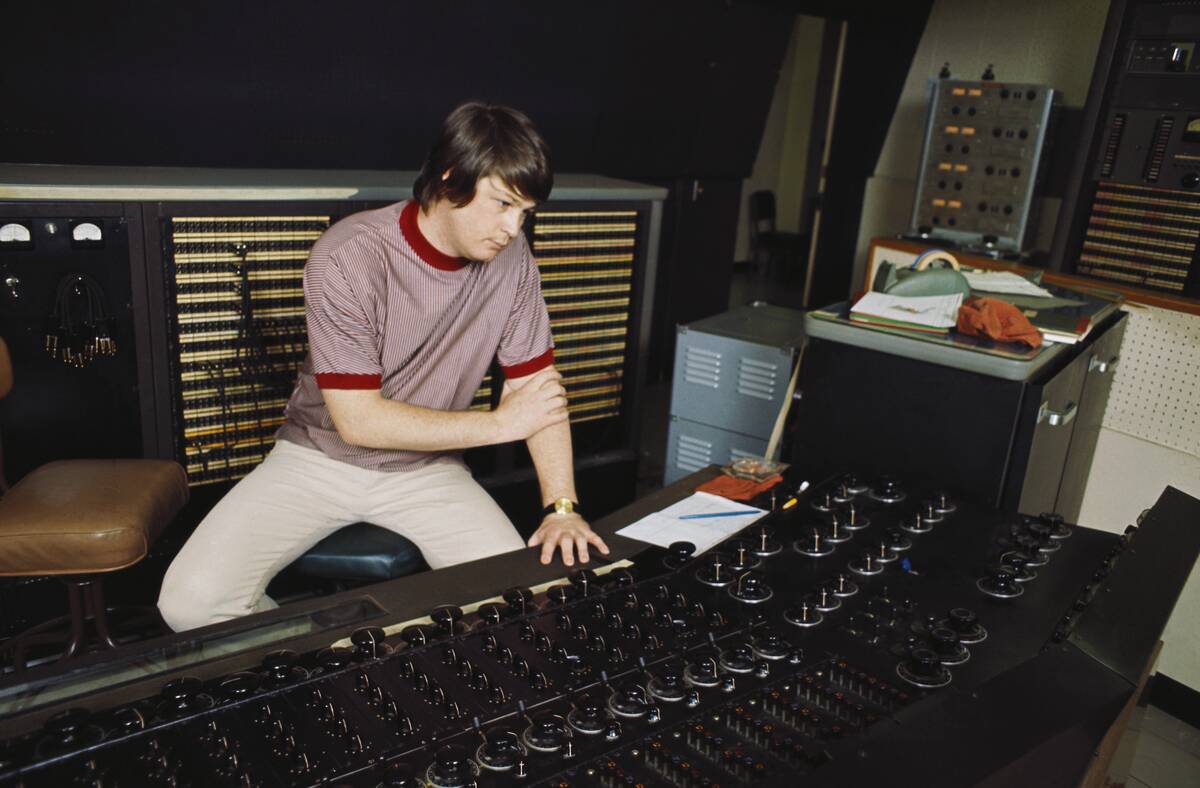
Pet Sounds by The Beach Boys is now hailed as one of the greatest albums of all time, but it wasn’t always so beloved. Upon its 1966 release, it received lukewarm commercial success in the U.S., overshadowed by The Beatles’ meteoric rise.
Yet, its intricate harmonies and innovative production slowly garnered acclaim, influencing countless artists and eventually earning its place as a masterpiece. It’s a prime example of how time can change perceptions of musical brilliance.
Fleetwood Mac’s “Tusk”: Artistic Experimentation Meets Commercial Reality

Fleetwood Mac’s Tusk was a stark departure from their previous hit, Rumours. Released in 1979, it was an ambitious double album that didn’t meet commercial expectations initially.
However, Tusk has since been praised for its experimental nature and artistic risks. The album showcases the band’s willingness to push boundaries, and today, it stands as a testament to their creative vision, influencing artists who value artistry over commercial success.
“The Velvet Underground & Nico”: From Overlooked to Influential
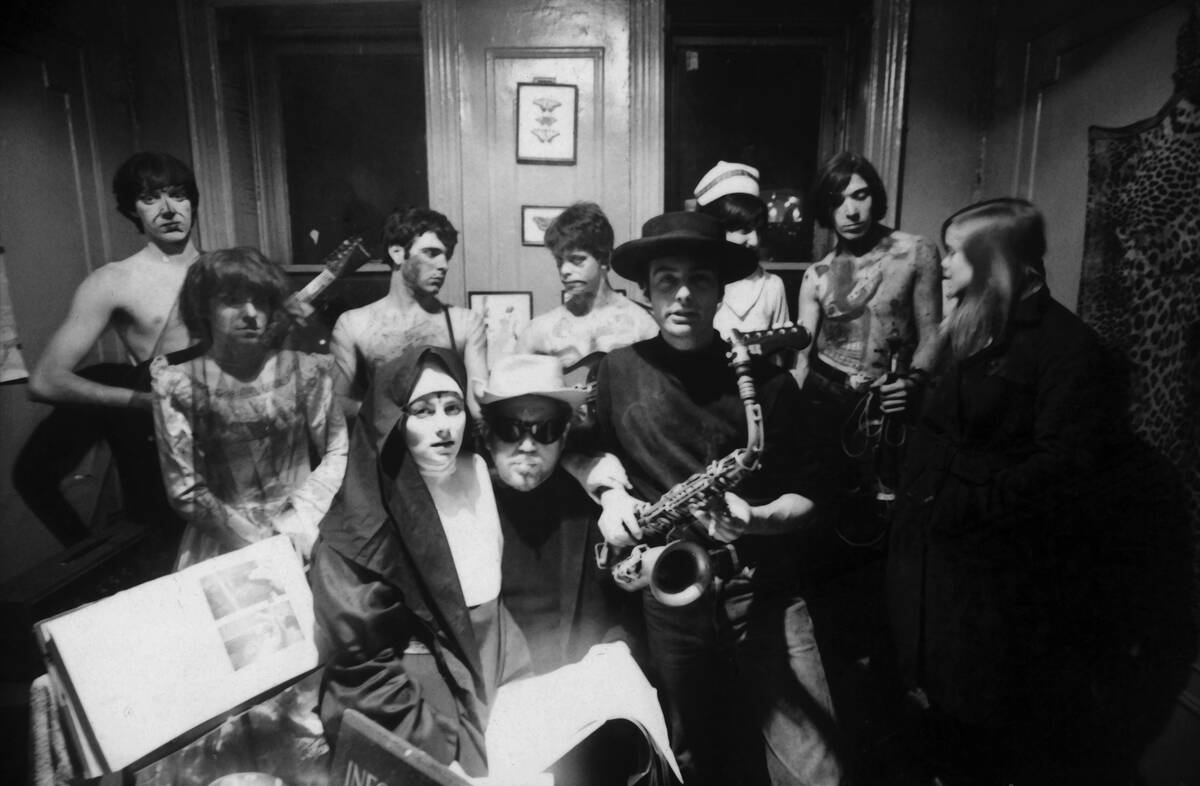
When The Velvet Underground & Nico debuted in 1967, it was a commercial failure, selling only 30,000 copies in its first five years. Critics and audiences were not ready for its raw sound and provocative themes.
Yet, over time, its influence grew, and it’s now considered one of the most important albums in rock history. The record is credited with laying the groundwork for punk, alternative, and indie music, demonstrating how an initial lack of success doesn’t preclude enduring impact.
Nirvana’s “In Utero”: Overcoming the Shadows of “Nevermind”

Following the massive success of Nevermind, Nirvana’s In Utero faced immense expectations. Released in 1993, it was a raw and unpolished contrast to its predecessor, initially dividing critics and fans.
However, In Utero has since been celebrated for its authenticity and emotional depth, with tracks like “Heart-Shaped Box” and “All Apologies” becoming iconic. The album’s legacy continues to grow, revered for its courage to stay true to the band’s vision amidst commercial pressures.
Prince’s “Around the World in a Day”: A Slow-Burning Success
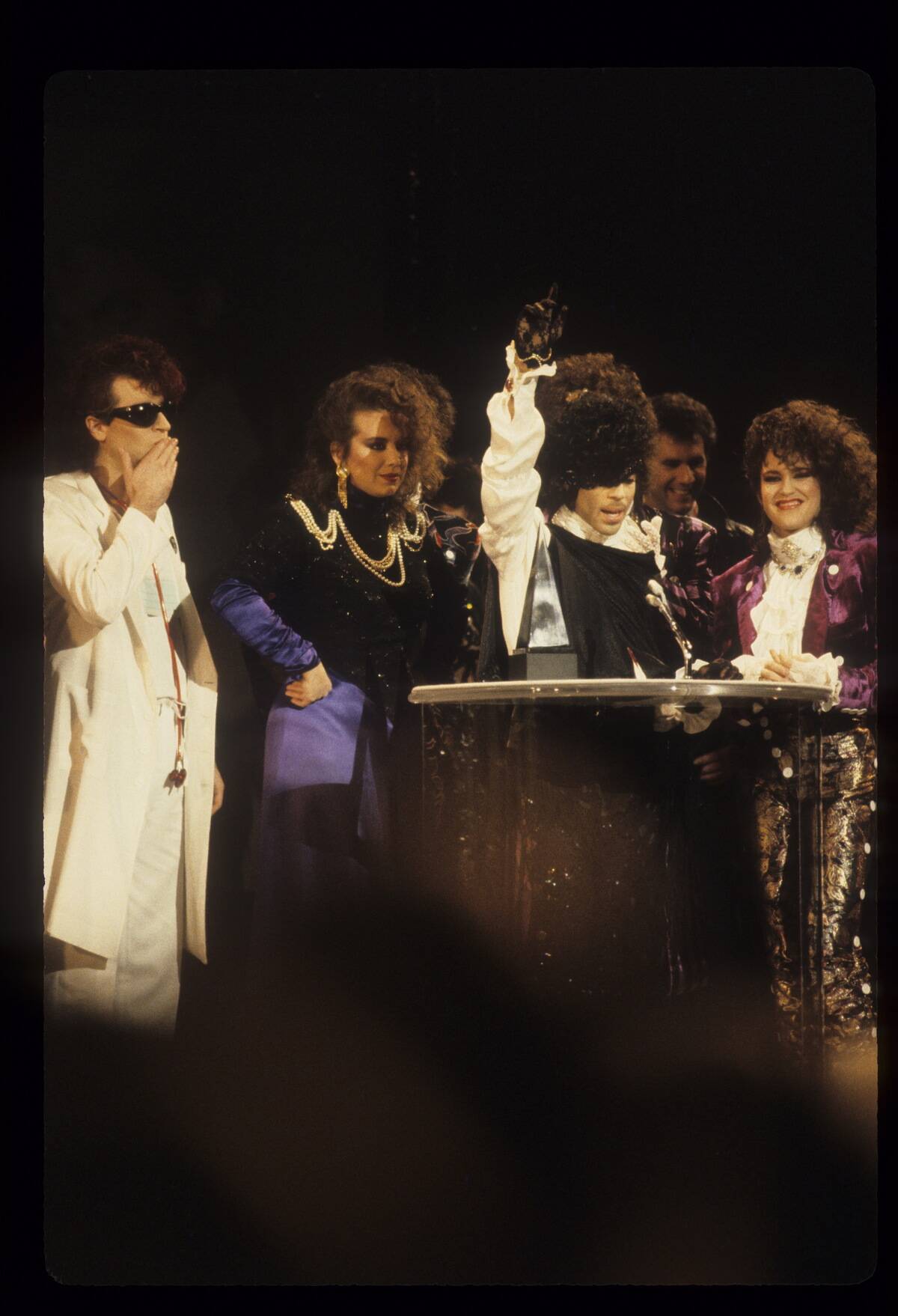
Prince’s Around the World in a Day initially received mixed reviews upon its 1985 release, following the monumental success of Purple Rain. The album’s psychedelic sound and departure from mainstream pop confused some fans.
However, over time, it has been praised for its bold artistic choices and rich diversity in sound. Tracks like “Raspberry Beret” have become fan favorites, and the album is now viewed as a significant chapter in Prince’s illustrious career, showcasing his versatility.
Radiohead’s “Kid A”: Ahead of Its Time

When Radiohead released Kid A in 2000, it was a radical departure from their previous work, leaving fans and critics divided. Its experimental sound, with minimal guitars and electronic influences, was initially polarizing.
However, Kid A is now hailed as a groundbreaking album, influencing a generation of musicians and reshaping the soundscape of alternative rock. Its foresight and innovation have cemented its status as a classic, demonstrating how being ahead of its time can eventually lead to widespread acclaim.
“Ram” by Paul McCartney: Critical Backlash and Subsequent Praise

Upon its release in 1971, Paul McCartney’s Ram faced sharp criticism, with some reviewers dismissing it as inconsequential. Yet, the album has undergone significant reevaluation over the years.
Today, Ram is praised for its inventive arrangements and charming melodies. The album’s whimsical and eclectic nature has won over critics and fans alike, proving that McCartney’s post-Beatles work was far more innovative than initially credited. Ram is now considered a highlight in McCartney’s solo career.
Led Zeppelin’s “Led Zeppelin I”: Early Skepticism to Rock Milestone
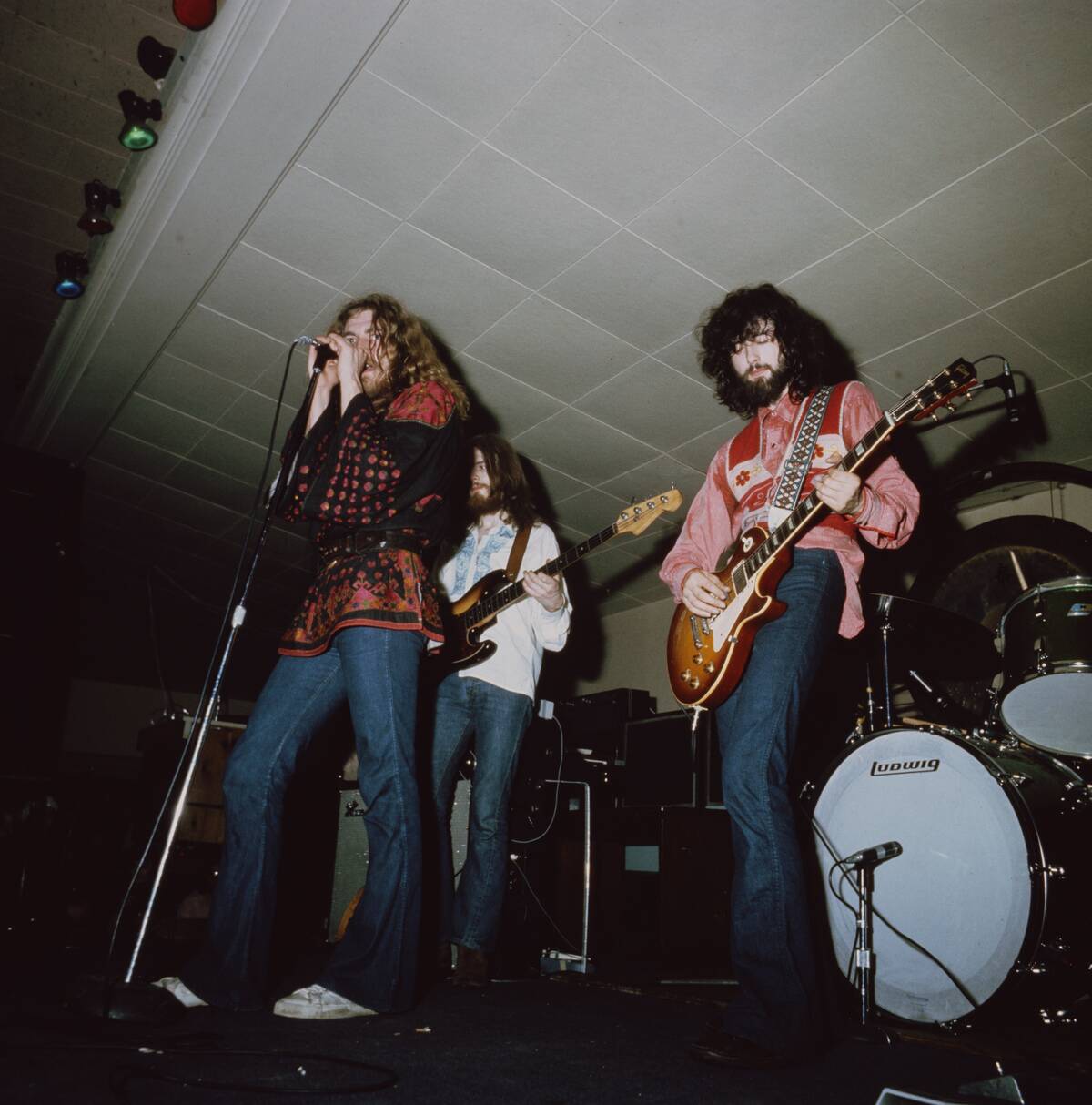
Led Zeppelin’s debut album, Led Zeppelin I, released in 1969, was initially met with lukewarm reviews from critics who were unconvinced by its heavy blues-rock sound. Despite this, the album slowly gained popularity through word of mouth and relentless touring.
Today, it’s recognized as a cornerstone of hard rock and heavy metal, showcasing the band’s raw talent and innovative approach. The album’s initial skepticism only makes its eventual acceptance and influence more remarkable.
Bruce Springsteen’s “Nebraska”: Lo-Fi Sound that Gained Respect

Bruce Springsteen’s Nebraska was a stark departure from his previous work, recorded as a series of solo demos on a four-track recorder. Released in 1982, its raw, lo-fi sound initially baffled some fans expecting the full band experience.
However, the album’s haunting storytelling and intimate feel gained respect and admiration over time. Nebraska is now considered a classic, showcasing Springsteen’s ability to convey deep emotion through stripped-down arrangements, proving that less can indeed be more.
The Beatles’ “Let It Be”: Controversy and Legacy
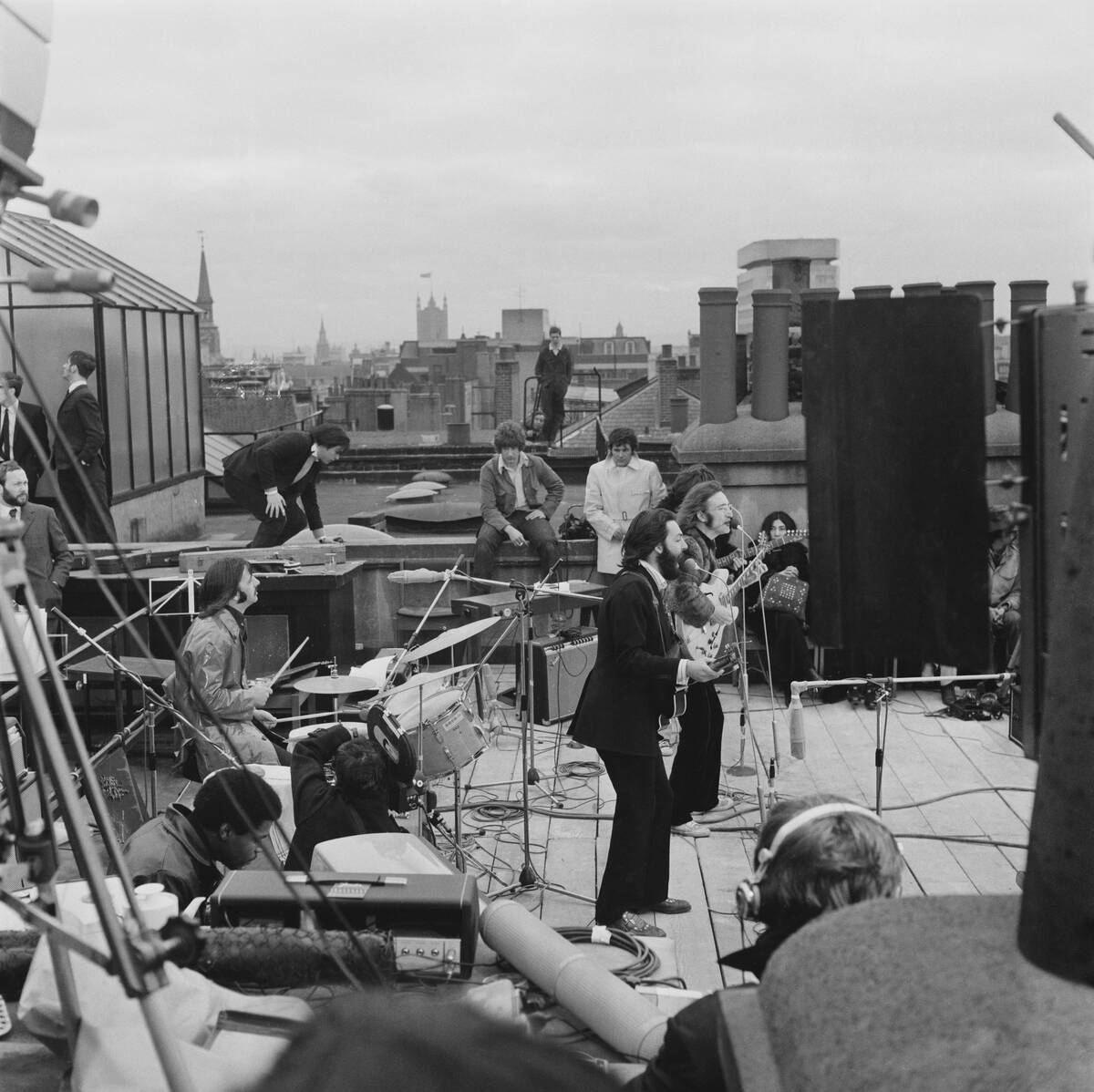
Let It Be was released in 1970 amid the Beatles’ breakup, surrounded by controversy over its production and internal band tensions. Initially, it received mixed reviews, overshadowed by the drama of its creation.
However, songs like “Across the Universe” and “Let It Be” have since become iconic, and the album’s legacy is now seen as a poignant farewell to the band’s career. Over time, Let It Be has been reassessed as a significant work in the Beatles’ storied discography.



